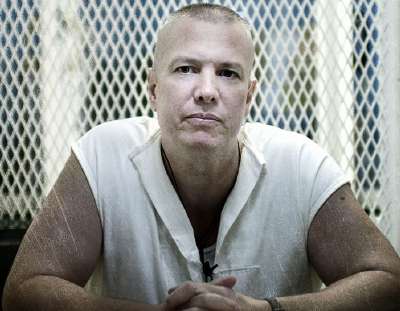I Am a Killer

The Netflix 10-episode documentary series I Am a Killer is unique for what it doesn't try to do. None of the featured subjects, all men on death row, claim to have been wrongfully convicted. Rather, Executive Producers Tom Adams and Danny Tipping ask us to consider the possibility that capital punishment is unfit even for killers.
Justin Dickens awaits execution for a murder his prosecutor says was committed in cold blood but that the only eyewitness claims was the result of a scuffle during a jewelry store robbery. When his episode concludes, viewers will likely be left feeling that Dickens deserves prison but not execution.
Other stories illustrate the overly broad nature of death penalty laws. Texas' "law of parties," for instance, sent Kenneth Foster to death row because a passenger in his car picked a fight with a man and then shot him in 1996. While Foster received a pardon hours before his scheduled execution, he remains behind bars and won't be eligible for parole until 2036—for a murder he neither planned nor committed nor intended to abet.
The criminals aren't the only stars. A rotating cast of prosecutors defend their own alleged infallibility. These scenes, in which agents of the state insist they are essentially incapable of misunderstanding a defendant or the evidence against him, are even more jarring than the confessional monologues delivered by the men in jumpsuits.
